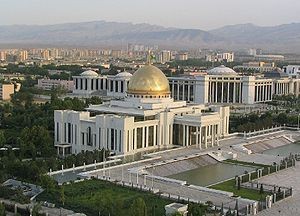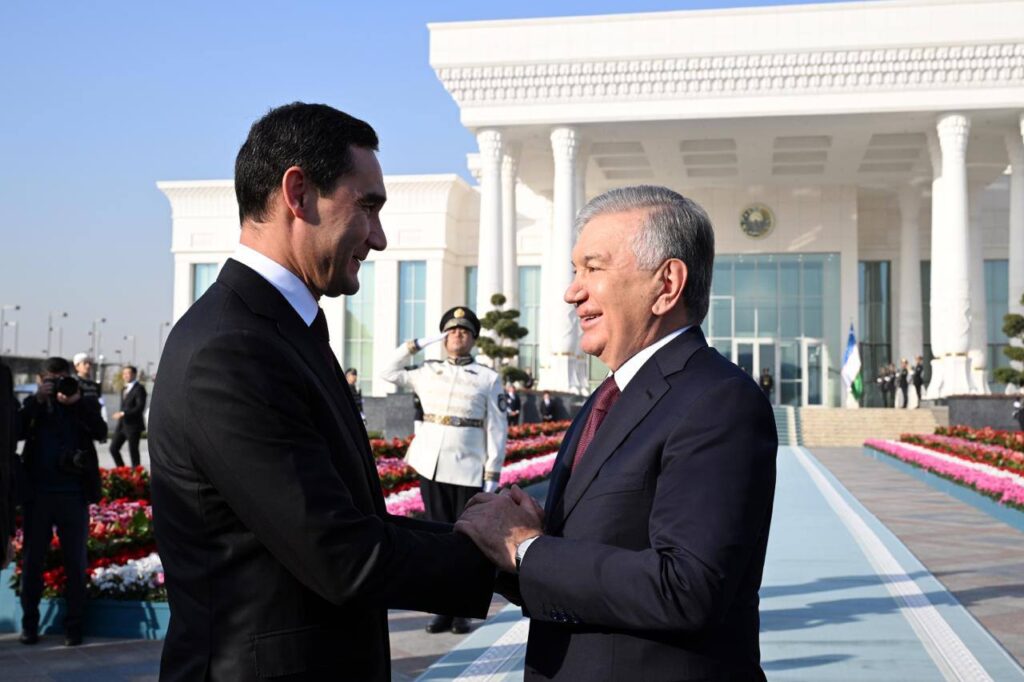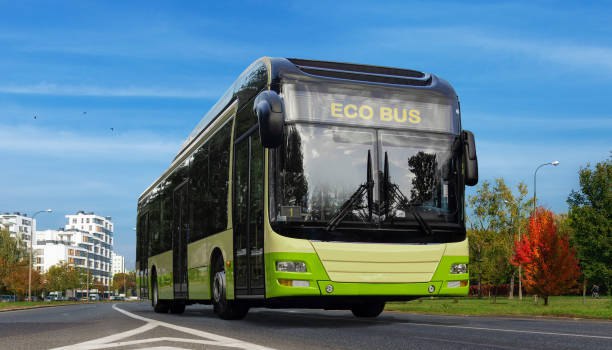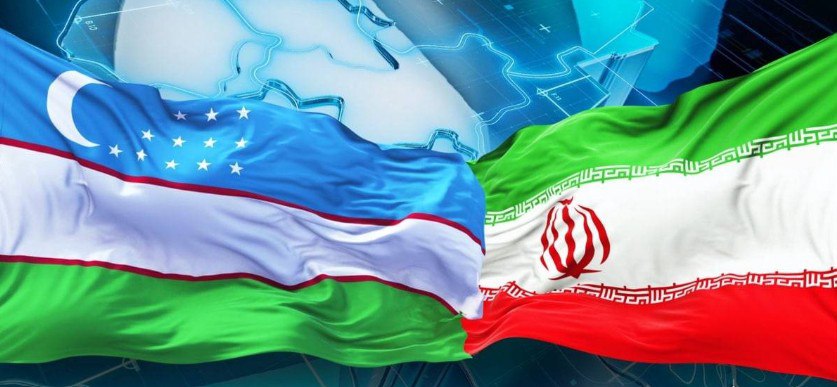ASHGABAT (TCA) — UN Secretary-General Ban Ki-Moon will convene the first ever global conference on sustainable transport, on November 26 and 27 in Turkmenistan’s capital Ashgabat.
The Global Sustainable Transport Conference will bring together key stakeholders from Governments, UN system and other international organizations, the private sector, and civil society to engage in a dialogue that emphasizes the integrated and cross-cutting nature of sustainable transport and its multiple roles in supporting the achievement of the SDGs. All modes of transport — road, rail, aviation, ferry and maritime — will be addressed, the Conference website says.
Sustainable transport is an essential building block for sustainable development. It “helps drive inclusive growth, provide access to public services, jobs, markets, and it promotes trade,” said UN DESA’s Under-Secretary-General Wu Hongbo, who is also the Secretary-General of the Conference.
The Conference will seek to identify measures that can help transform transport so that it contributes to healthy and fulfilled lives, inclusive economic growth, and environmental protection.
At present, the transport sector is responsible for almost a quarter of greenhouse gas emissions, contributing to millions of premature deaths resulting from air pollution annually. More than 1.24 million people die every year in traffic accidents, 90 per cent of these in developing countries. Nearly 1 billion people worldwide still lack adequate access to road networks, which increases isolation and marginalization and can deepen social inequalities.
The promotion of sustainable transport and the establishment of affordable, economically viable, socially acceptable and environmentally sound transport systems are crucial for the achievement of the 2030 Agenda for Sustainable Development and will be at the centre of the discussions at the Conference.
Some of the issues to be addressed at the Conference include rural and urban transport, multi-modal transport, public transport, the links of sustainable transport to climate change and energy, road safety, financing, and specific needs of countries in special situations. The concerns of developing countries, including least developed countries, landlocked developing countries and small island developing States, will receive particular focus.
In the margins of the Conference, a Treaty Event will be held, which will be used to ratify, accept, approve or accede to a number of transportation treaties. The Government of Turkmenistan will also host a business forum in parallel to the Conference on 27 November.









